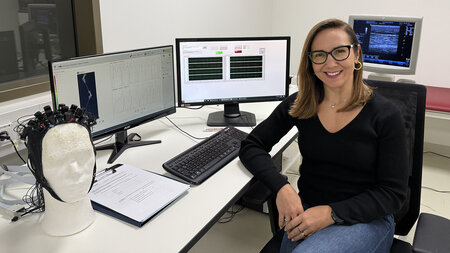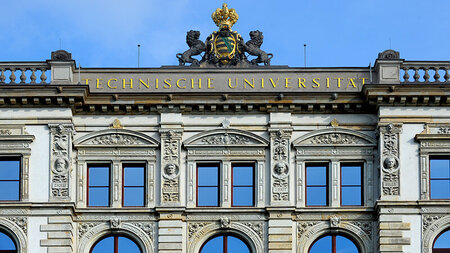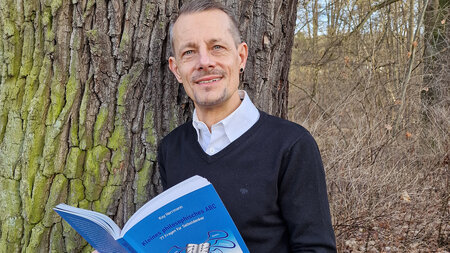International School on "Programmable Smart Sensors based on Bio-compatible Nanocomposite Materials (NanoSENS)"
Welcome
Electronic devices and sensors have changed and improved almost every aspect of our lives. Subsequently, electronic waste (E-waste) being disposed is increasing as solid waste and the discharge of hazardous chemicals, which are both harmful to the environment and the ecology. Biocompatibility of materials in sensors application remains a crucial step nowadays as it presents an effective solution for E-waste management because they can be degraded or dissolved into the surrounding environment with no pollution. Further, biocompatible nanocomposites materials-based sensors have outstanding properties such as flexibility, mechanical properties, electrical conductivity which could be critical for some specific sensor applications. Therefore, the application of bio-materials have broad application prospects in sensor systems applications. The main aim of this project is to develop new biocompatible materials with enhanced mechanical properties and sensing capabilities for different sensor applications.
Within the framework of the project "Programmable Smart Sensors based on Bio-compatible Nanocomposite Materials (NanoSENS)" funded by the German Academic Exchange Service (DAAD) and running in collaboration between the Chair of Measurement and Sensor Technology (MST) at Chemnitz University of Technology and the National Engineering School of Sfax (ENIS) in Tunisia, the MST is organizing an international school on sensors based on bio-compatible nanocomposite materials.
The “NanoSens” is a one-week school with intensive lectures and highly recognized experts in the field of bio-materials and sensors technologies. From the 17th of June to the 24th of June 2021, a complementary training (theoretical and practical) is organized to provide the opportunity for young researchers and students to gain new insights into this relatively new and highly relevant topic, and to get in contact with recent advances in the field and to keep in touch with industry trends.
International experts will offer an intensive knowledge transfer for the participants in the field of materials and sensors from different perspectives, such as biodegradable materials, polymer and flexible sensors, nanotechnologies and fabrication technologies, and electrical and mechanical material characterization.
In addition to technical lectures, a panel discussion will be animated by well reputed scientists and professors to discuss the revolution of bio-materials in the field of sensors technologies.
Also, the PhD students have the chance to discuss on how lockdowns due to COVID-19 threaten PhD students' and early-career researchers' careers and affected their research.
The school is online, open, and free of charge.






